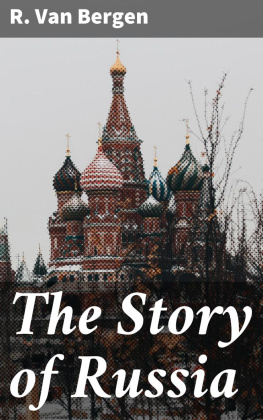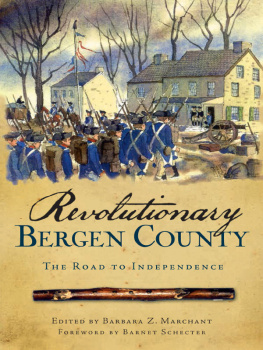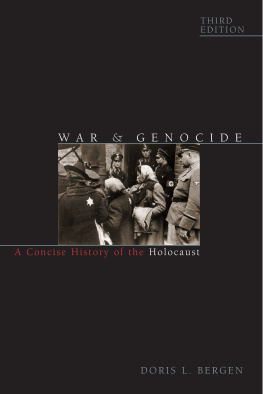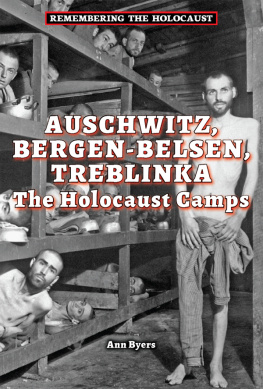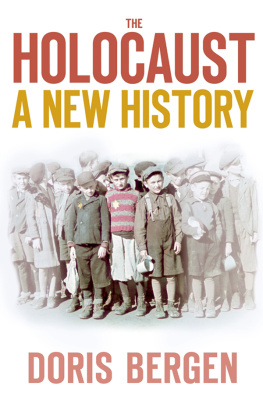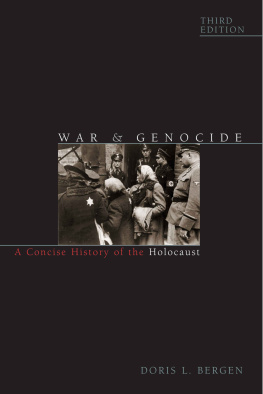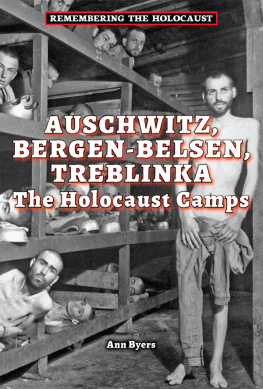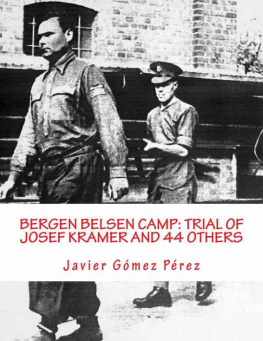ITHE REALM OF THE CZAR.
Table of Contents
When we think of our country, we feel proud of it for other and better reasons than its great size. We know how its extent compares with that of other nations; we know that the United States covers an area almost equal to that of Europe, and, more favored than that Grand Division, is situated on the two great highways of commerce, the Atlantic and Pacific Oceans. Europe is as far from the latter, as Asia is from the former; and these highways, powerful means toward creating prosperity, remain at the same time barriers whereby nations that find greater delight in the arts of war than in those of peace, are restrained from disturbing our national progress.
At the beginning of this twentieth century the nations upon which depends the world's peace or war, happiness or misfortune, are the United States, Great Britain, Germany, France, Austria-Hungary, Italy, Russia, Japan, and in the near future China. Here we see that Europe, although little larger in area than the United States, is represented by seven nations, Asia by two, and the Western Hemisphere by one which by its institutions stands for peace and progress, for law and order. Hence we, its citizens, are known all over the world as Americans.
If we compare the area occupied by the several European powers with that covered by the main body of our republic, that is, not including Alaska and other outlying territories, we find that Austria-Hungary has four thousand square miles less than Texas, while Germany lacks forty thousand square miles in comparison with the Lone Star State. France is four thousand square miles less than Germany, and Italy is only a thousand square miles greater than Nevada. The British Kingdom in Europe is about twice the area of Illinois. Among the great nations of the world, aside from outlying possessions beyond the Grand Division, our country stands third, and should occupy the second place, because China, the next larger, owes its greater area to territories over which she has little or no control, and which she seems destined to lose.
The largest country is Russia, covering as it does one-sixth of all the land on the earth. This empire, although inhabited by people differing in race, religion, and customs, is one compact whole. It embraces in Europe 2,113,000 square miles, or more than all other European nations combined; its area in Asia is 6,672,000 square miles, making a total of 8,785,000 square miles, or 2.8 times as many as the main body of our country. All the people living in this immense empire, whatever their race, religion, or language, obey the will of one man. We, who dwell in our beloved country, yield obedience only to the Law; but the laws are made by ourselves, and they allow us to do as we please, so long as we do not interfere with others who have the same rights; and those laws are ever ready to protect us. In Russia laws are made or unmade at the will of one person who is himself above the laws. Every man, woman, or child, born and living in that country, is at his mercy. Mere suspicion is sufficient to drag a man from his family and home, perhaps to disappear without leaving a trace. Such a government is called an autocracy, and the man who may thus dispose of people's life and property, is known as an Autocrat. Hence the title of the Emperor of Russia is: Autocrat of All the Russias.
Why "All the Russias"? Look at the map of Eurasia, the continent embracing the two Grand Divisions Europe and Asia. You will see that the Russian Empire is bounded on the north by the Arctic Ocean; on the east by the Bering Strait, the Bering Sea, the Sea of Okhotsk, and the Japan Sea; on the south by China, Pamir, Afghanistan, Persia, Asiatic Turkey, and the Black Sea; and on the west by Roumania, Austria-Hungary, the German Empire, the Baltic Sea, Sweden, and Norway. This immense empire is the growth of many centuries, and even in Europe it has not yet been welded into one whole. When we read Russian books, we learn about Great and Little Russia, White and Red Russia, which shows that divisions of bygone years are still observed by the people. Much has been done towards effacing those boundary lines; but the fact that the czar, autocrat though he is, recognizes and admits the division in his title, shows that even he is, to some extent, subject to public opinion.
Russia in Europe, however, with the exception of Poland and Finland, is a country with one religion and one language; that is, the czar and his government recognize and admit no other. That is the cause of the persecution of the Jews, four fifths of whom dwell in the southwest of Russia in an area covering 356,681 square miles, which is sometimes mentioned as the Jewish territory. Every succeeding czar has tried to make all his subjects think and act in the manner prescribed by him. The process is known as "Russianizing," and goes on incessantly in its different stages. Immediately after the conquest of a country, its people are assured that their religion, institutions, and language, shall be respected; the only difference is that the native officials are displaced by Russians. This continues until Russian rule is firmly established, and no one dreams of resisting the czar. Then the Russian language displaces the native tongue, and if disturbances occur, the military is called in to inflict a terrible punishment. The loss of the native language carries with it that of old institutions, and when the people have submitted to their fate, it is the turn of their religion. The Russian is in no hurry; he has a conviction that time has no changes in store for his empire, hence he bides his time, and is likely to succeed in his purpose. This process is now carried on in Central Asia where Russian power has found its greatest expansion in modern times. It is but fair to admit that Russian absorption there has been highly beneficial because robber tribes were reduced to law and order.

Before telling the Story of Russia, that is, of how the huge empire was formed and grew to its present size, it is necessary to become better acquainted with the aspect and nature of the country. Looking at the map of the Eurasian continent, that is, the continent embracing Europe and Asia, we cannot fail to notice that Russia is a country of the plains. Its southern boundary seems to follow the mountain barriers which divide Asia into two parts. Does it not seem as if long billows of earth roll down toward the Arctic Ocean, where they rest benumbed by the eternal cold? These mountains branch off toward the south, east or west, but scorn to throw so much as a spur northward. It is true that a solitary chain, the Urals, runs north and south, but it stands by itself, and is nothing more than what the word Ural signifies, a



